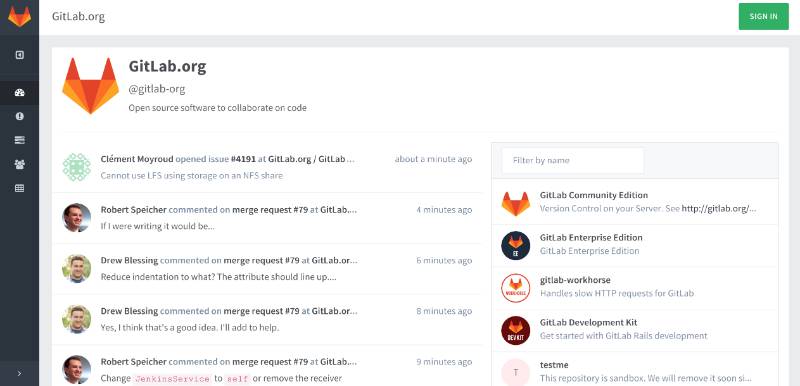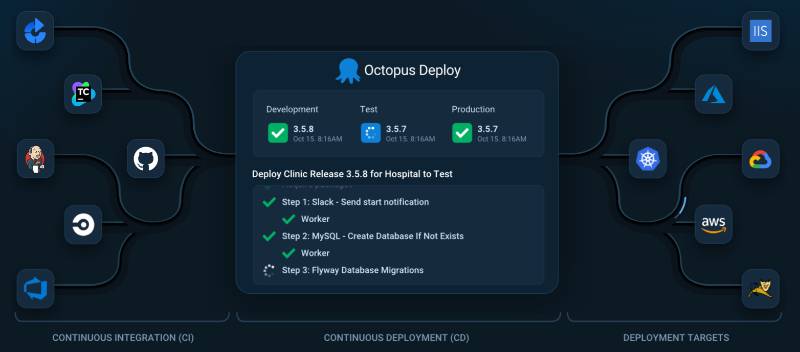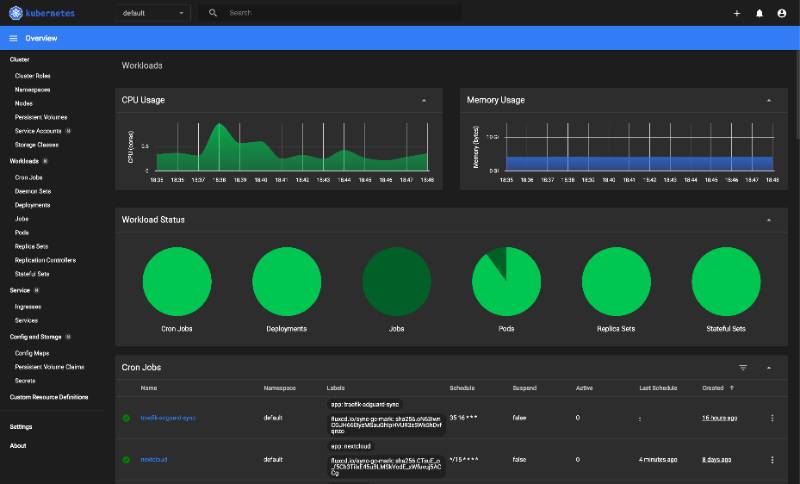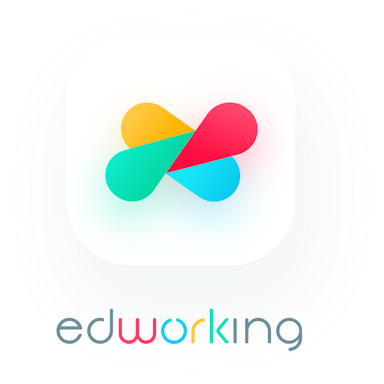Have you ever found yourself struggling to manage software releases? We feel your pain! With the rapid pace of technological advancements, keeping up with release management can be overwhelming. That's where tools for release management come into play. In this article, we'll dive into the best tools for release management in 2025, providing you with the insight you need to make informed decisions. So, buckle up, and let's explore these game-changers together, focusing on their features, advantages, and applications!

 Top Tools For Smoother Releases
Top Tools For Smoother Releases
Jira: Your Go-To Agile Solution
A fan-favorite, Jira by Atlassian is undoubtedly among the best tools for release management. With its flexibility and extensive feature set, Jira caters to teams of all sizes. Do you want to track issues, plan releases, or monitor progress? Jira's got you covered! And did we mention the seamless integration with other Atlassian tools like Bitbucket and Confluence? This integration allows you to manage your entire project lifecycle, from planning and tracking to releasing and reporting, all within the same ecosystem. Plus, Jira offers a wide range of third-party integrations, enabling you to build a tailored release management solution that fits your team's unique needs.
Azure DevOps: Empower Collaboration
Microsoft's Azure DevOps is another fantastic option for release management. Combining Azure Pipelines, Azure Boards, and Azure Repos, this platform empowers your team to collaborate like never before. Worried about security? Rest easy - Azure DevOps is backed by Microsoft's top-notch security protocols and infrastructure. What's more, Azure DevOps offers cloud-based and on-premises deployment options, giving you the flexibility to choose the best solution for your organization. Its integration with popular tools like Visual Studio and GitHub ensures a seamless experience, while the platform's built-in analytics and reporting capabilities help you make data-driven decisions.
GitLab: Open-Source Release Management

Are you seeking an open-source solution? Look no further than GitLab. With built-in CI/CD, issue tracking, and code collaboration features, GitLab streamlines your release management process. And guess what? You can even self-host it on your own servers! GitLab's comprehensive platform covers every stage of the development lifecycle, from planning and coding to testing and deploying. Its Auto DevOps feature automates many release management tasks, while its Web IDE simplifies collaboration among team members. With GitLab, you can also take advantage of security and compliance features like vulnerability scanning and audit reports, ensuring your releases are secure and compliant.
 Enhancing Visibility and Control
Enhancing Visibility and Control
Jenkins: Automation for the Win
Let's talk about Jenkins, the widely-used open-source automation server. With Jenkins, you can automate various stages of your release process, providing increased visibility and control. Plugins galore? You bet! Jenkins offers a plethora of plugins, allowing you to customize it to your heart's content. The tool's extensibility makes it suitable for a wide range of applications, from simple CI/CD pipelines to complex, multi-environment deployments. Jenkins' distributed architecture allows you to scale out your build and test infrastructure, while its REST API and scripting capabilities enable you to integrate with other tools and automate tasks more efficiently.
Octopus Deploy: Release Management Made Easy

Octopus Deploy is another impressive tool that streamlines release management. With a focus on automation and control, Octopus Deploy simplifies complex deployment scenarios. Plus, its intuitive dashboard gives you a clear overview of your projects and deployments, making it easy to track progress and identify potential issues. Octopus Deploy supports a wide range of deployment targets, including on-premises, cloud, and hybrid environments, as well as various application types like web apps, mobile apps, and microservices. With its built-in support for popular configuration management tools like Chef and Puppet, Octopus Deploy helps you maintain consistency across environments and reduce deployment errors.

 Scaling Up with Cloud-Based Solutions
Scaling Up with Cloud-Based Solutions
AWS CodeStar: Unleash the Power of Amazon
Are you ready to harness the power of Amazon Web Services? AWS CodeStar is a cloud-based release management tool that offers end-to-end support. From code repositories to CI/CD pipelines, CodeStar has everything you need to develop, build, and deploy applications quickly and efficiently. With its integration with other AWS services like Lambda, EC2, and S3, you can leverage the full power of Amazon's cloud infrastructure to scale your release management efforts. Additionally, CodeStar provides a unified dashboard for tracking the status of your projects, as well as monitoring and debugging tools to help you ensure application stability and performance.
Google Cloud Build: Speed and Reliability
Google Cloud Build is another cloud-based contender in the world of release management. This serverless CI/CD platform delivers speed and reliability, enabling you to create and deploy applications rapidly. And let's not forget its seamless integration with other Google Cloud products, like Cloud Storage, Cloud Functions, and Kubernetes Engine! Google Cloud Build supports a wide range of programming languages and build environments, allowing you to build and test applications with ease. Its built-in caching and parallelization features speed up build times, while security features like private worker pools and encrypted build secrets ensure your release management process remains secure.
 Embracing Containerization
Embracing Containerization
Kubernetes: Mastering Container Orchestration

Containerization has taken the tech world by storm. And when it comes to container orchestration, Kubernetes reigns supreme. This open-source platform automates deployment, scaling, and management of containerized applications, making it an invaluable tool for release management in modern software development. Kubernetes' self-healing capabilities, such as automatic container restarts and rolling updates, help you maintain application availability and minimize downtime during releases. Additionally, Kubernetes supports various container runtimes, like Docker and containerd, as well as cloud-native storage solutions, enabling you to build a robust and scalable release management infrastructure.
Docker: Simplify Deployment with Containers
Speaking of containers, let's talk about Docker. This powerful platform allows you to package applications and dependencies into containers, simplifying deployment across environments. Docker's lightweight, portable nature makes it an excellent addition to your release management toolbox. With Docker, you can eliminate environment-specific issues, streamline your CI/CD pipeline, and speed up application delivery. Docker also boasts an extensive ecosystem of tools and services, like Docker Compose and Docker Hub, which can further enhance your release management process.
 Streamlining Communication
Streamlining Communication

Slack: Keep Your Team Connected
Communication is key in release management, and Slack helps your team stay connected. With channels, direct messages, and integrations with popular release management tools like Jira and GitLab, Slack ensures that everyone is on the same page throughout the release process. Slack's powerful search functionality allows you to quickly find past conversations and shared files, while its customizable notifications help you stay on top of critical updates and alerts.
Trello: Visualize Your Workflow
Trello is another handy tool that fosters collaboration and streamlines communication. Its intuitive, card-based interface allows your team to visualize the release management workflow, making it easier to track progress and identify bottlenecks. Trello's flexible boards, lists, and cards can be customized to suit your team's specific release management process, while its power-ups and integrations with tools like Slack, Google Drive, and GitHub add even more functionality. With Trello, you can create a centralized hub for planning, tracking, and discussing releases, ensuring your team stays organized and informed.
 Monitoring and Analytics
Monitoring and Analytics

New Relic: Keep an Eye on Performance
Monitoring application performance is crucial during and after releases. That's where New Relic comes in. This comprehensive monitoring platform provides real-time insights into your applications, allowing you to identify and address issues before they escalate. With its support for various programming languages, frameworks, and environments, New Relic helps you monitor and optimize application performance across your entire technology stack. Its advanced alerting capabilities, customizable dashboards, and integration with popular tools like Slack and PagerDuty ensure you stay proactive and informed about your application's health.
Datadog: Unify Your Monitoring and Analytics
Another monitoring powerhouse, Datadog, offers an all-in-one solution for tracking application performance, infrastructure health, and logs. With its robust integrations and custom dashboards, Datadog unifies your monitoring and analytics efforts, keeping you ahead of the game. Datadog's advanced features, like distributed tracing and machine learning-powered anomaly detection, help you pinpoint issues and optimize your applications for peak performance. Plus, with its built-in collaboration tools, Datadog enables your team to work together efficiently to resolve issues and improve application stability.
 Conclusion
Conclusion
In this whirlwind tour of the best tools for release management in 2025, we've explored a diverse range of solutions to suit every team's needs. From agile project management and automation to containerization and monitoring, these tools are designed to streamline your release management process and ensure successful deployments.
Remember, there's no one-size-fits-all solution – the key is to find the right combination of tools that works best for your team. So, go forth and experiment! And may your releases be smoother, faster, and more efficient than ever before. With the right set of tools, you'll be well-equipped to navigate the complex world of release management, delivering high-quality software that delights your users and keeps your organization competitive in today's fast-paced tech landscape.







